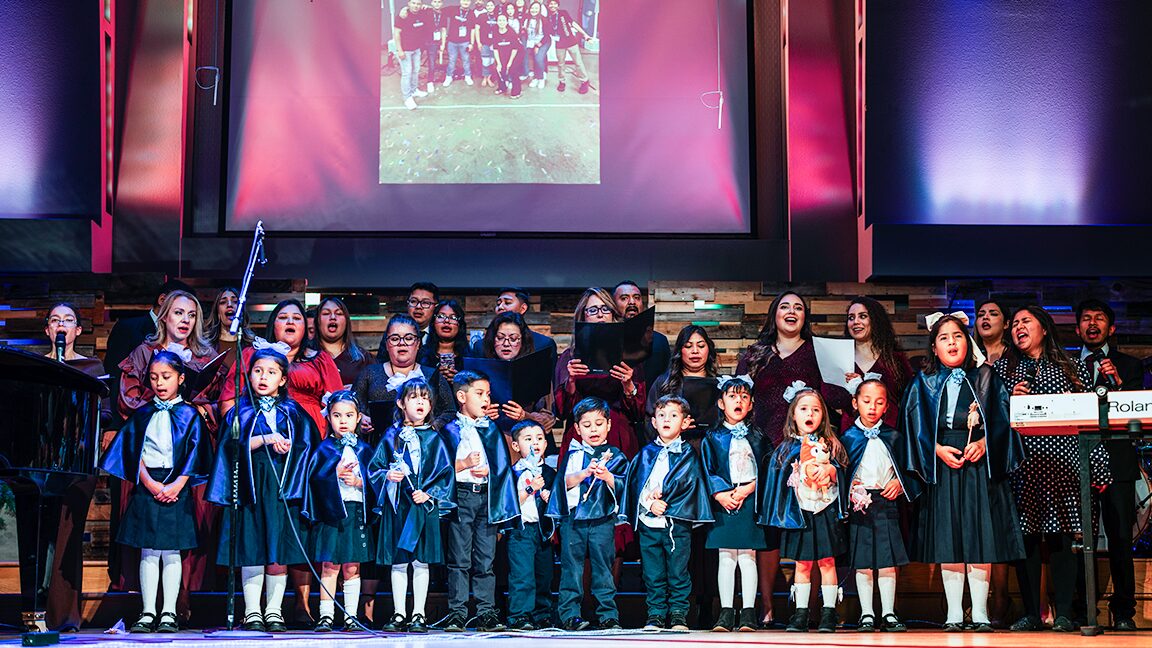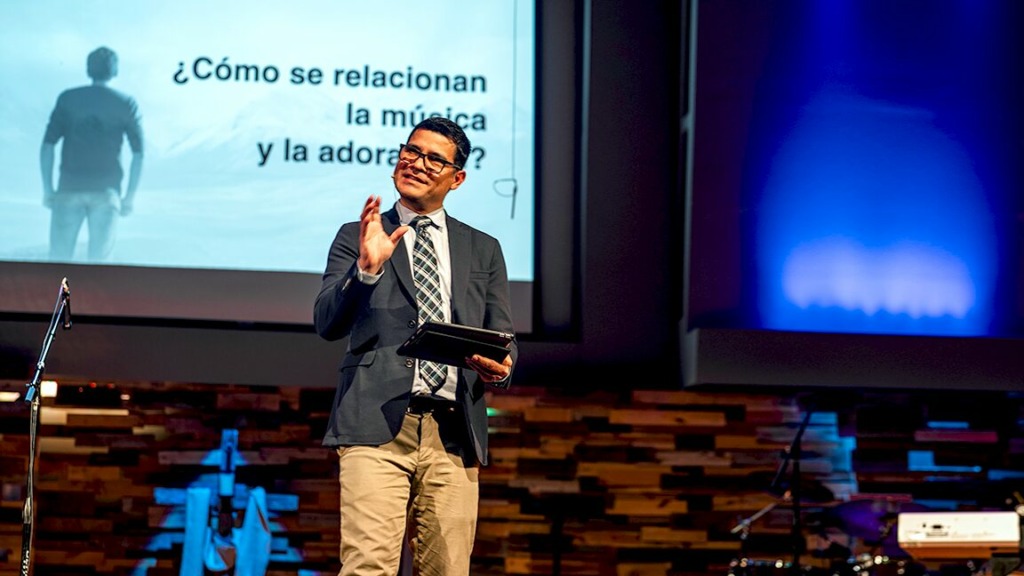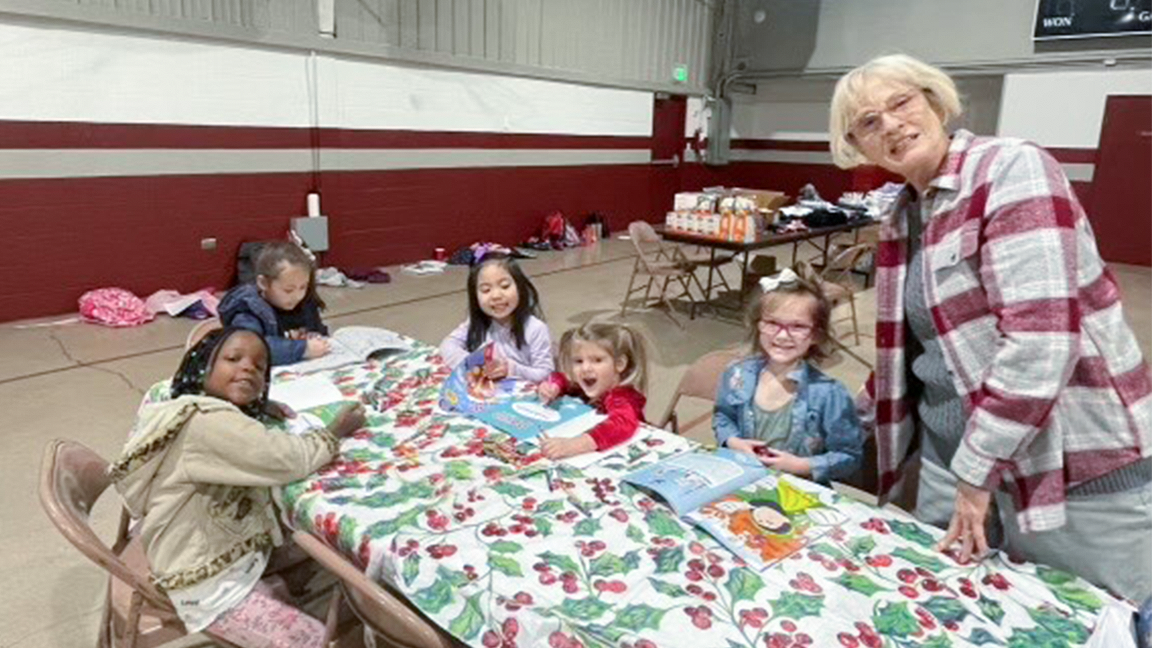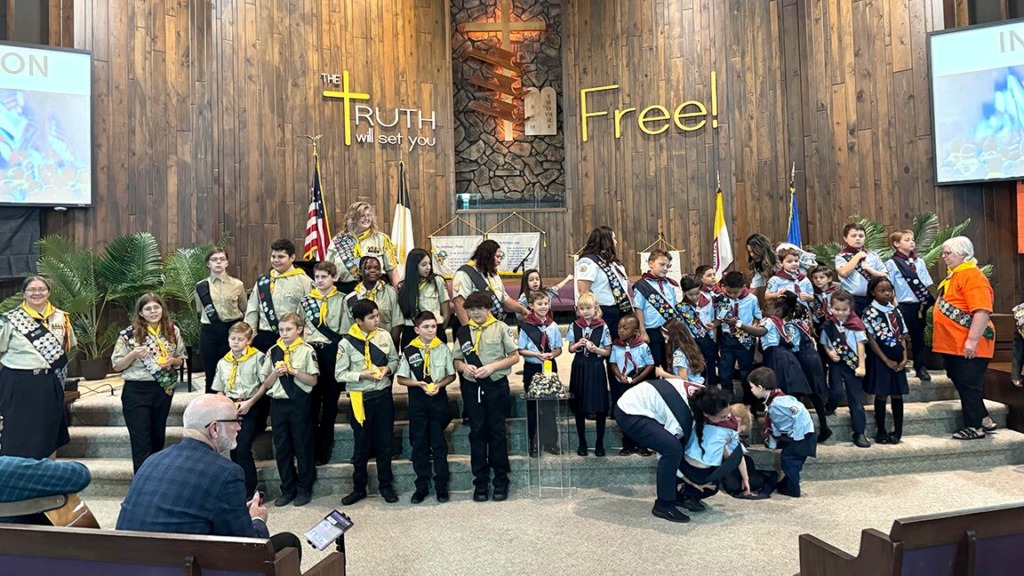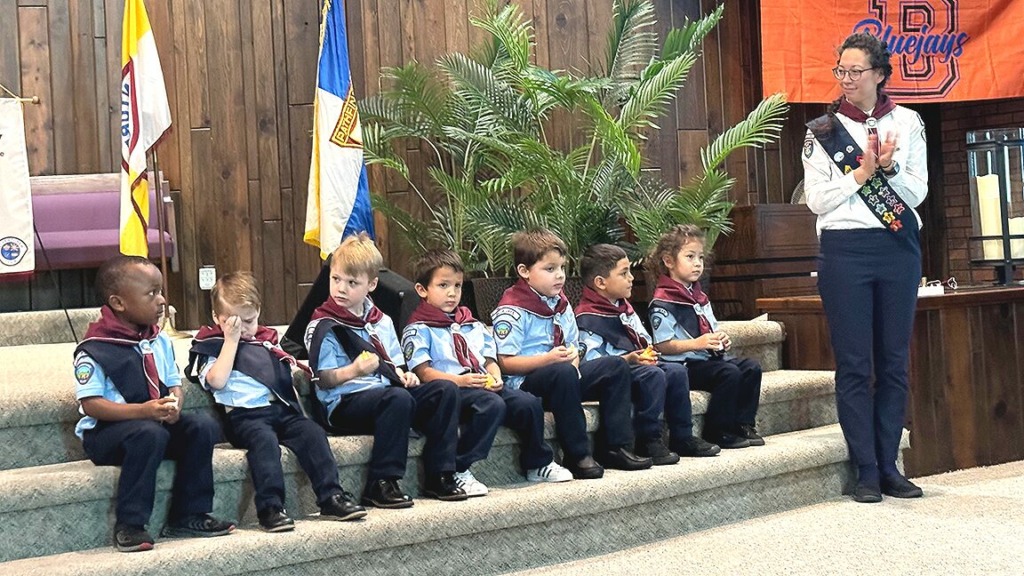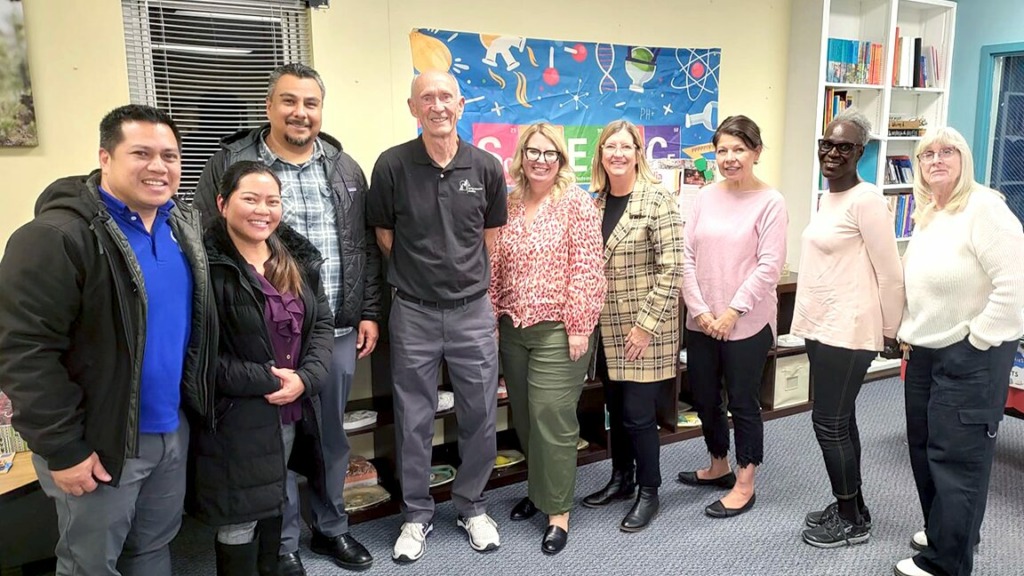By Doug Inglish
I love how music enhances our worship. All can participate, but, for some, it comes less naturally. Growing up in church, I would holler the words at the top of my lungs, but the only notes I hit were those that coincidentally aligned with my monotone delivery.
It was a beloved uncle who observed in my presence something he probably thought I already knew, namely that I couldn’t carry a tune in a bucket (his words). Even my mother set aside her maternal instincts to agree with him and said that perhaps a better experience could be had by all if I softened my delivery.
Yes, I was that bad. My relatives had to teach me to respect other worshippers by toning it down.
Amazingly, I got better. During my academy years, a summer witnessing group was forming, and I wanted to join. But it was required that we all sing. I went to Mr. Otto, our academy choir director and voice teacher, and confessed that I had no discernable gift for music but really wanted to be in the group. Was there, perhaps, some silent service I could offer?
“Who says you can’t sing?” he asked.
“Everyone.”
“Maybe everyone’s wrong.” Turning to the piano, he flipped through a hymnal, asking me to indicate one I knew. Bewildered and still hopeless, I selected “Sweet Hour of Prayer.”
He played while I delivered my customary dead monotone. He told me to go higher. I did. Then he told me to go lower. I did. With those two directions at appropriate points, I made it to the end, imperfectly but closer than ever before. To my astonishment, I actually heard where I was on tune.
“There, you see? You can sing. I’ll work with you, and you can be in the group.”
I gradually improved over the summer. During the school year I took voice lessons, and after two years I was in the school choir. Even then, as they say in the music business, they carried me.
I’m still no soloist, but I can sing the tune with people around me, or sometimes even a simple bass line if I can hear the piano well enough. It’s not enough to make me sing when I’m alone in worship, but congregational singing has become a part of worship that brings me greater joy. I think God always enjoyed my heartfelt efforts but now I do too, even if other worshippers are slightly disturbed.
I share that story to illustrate how we can all improve our worship even if we think have no discernable gift. It begins with understanding that the very act of giving itself is an indispensable part of worship, more basic even than singing.
You all know that giving supports the work, recognizes the ownership of God, expresses trust, and so much more. Did you ever think of it as worship? It is.
The worst day of Abraham’s life was when God tested him by asking him to sacrifice his son. Abraham says something critical that day about his intentions. He said to his servants, “Stay here with the donkey while I and the boy go over there. We will worship and then we will come back to you.” (Genesis 22:5, NIV).
Did you catch it? They were going not merely to sacrifice, but to worship. Sacrifice, or giving to God, has always been equated with worship, even (and perhaps especially) when that giving requires more from us than we thought we had to give. (If you don’t know the happy ending to this story, treat yourself by reading Genesis 22.)
I’m no Abraham. My offerings can’t be compared to his, yet I learned to enhance my worship experience with something I thought I didn’t have to give.
Worship takes many forms. Some are very basic, such as prayer. Some are wonderful but perhaps optional, like the joyful noises we make. Now that you see giving as an act of worship, do you think it is essential or optional? Just as importantly, do you believe you can improve?
I was confident in my assessment of my talent, but Mr. Otto believed in me. God sees good things in you that you don’t know are there. Under His direction, it can be brought out in ways that will bring you a deeper worship experience. It happens when your presence, prayer, singing, and giving all come from your heart, and all improve with your growth in Christ.
—Doug Inglish is RMC Vice president for administration and stewardship director. Photo generated through Adobe Firefly.



